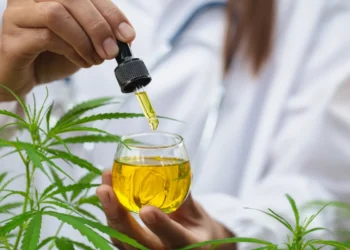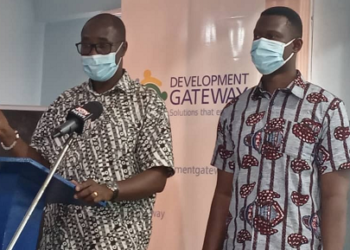The Government of Ghana would from 2015 extend a stimulus package to rice and poultry farmers, to boost their production capacity, to meet the demands of the domestic market.
In view of this, a proposed provisional budget of GH¢50 million would be made available as special support to these sectors of Agriculture, to increase production, drastically reduce importation of those commodities, and create sufficient jobs for people who would be engaged in their production.
Mr Haruna Iddrisu, Minister of Trade and Industry, announced this new policy measure at an interactive meeting with the Ghana National Association of Poultry Farmers over current developments in the industry on Friday.
He said special financial strategies are being put in place to encourage the youth, in particular, to take full advantage of the facility, which calls for at least two young people from each region of the country to access the facility for improved production in their respective localities.
The policy, he explained, is also Gender-sensitive – females applicants will receive as high as GH¢ 1.5 million, compared to one million Ghana cedis to males.
He said this would not only encourage and build the capacity of more women to enter into these sectors, but also to enhance their income levels, to support their families and help alleviate extreme poverty among women in rural communities.
Mr Iddrisu said with funding from the Export Development and Agricultural Investment Fund (EDAIF), disbursements would be made to qualified applicants beginning from the fourth quarter of 2014, till the end of 2015.
He, therefore, encouraged the youth to take advantage of the facility, by submitting bankable proposals that would yield dividends, both for themselves and also to pay off their extra loan facilities from financial institutions.
He said government is committed to building the capacity of local industries to advance in their production levels, to discourage over-reliance on importation of similar products at higher costs.
According to the Trade Minister, Ghana spends about 350 million and 322 million dollars on the importation of rice and poultry respectively, in spite of the capacity of the country to produce such products.
He said as much as the government is committed to instituting measures to discourage such large importations, a total ban on them would largely depend on the demonstrative capacity of local farmers, to meet the needs and demands of local consumers.
Mr Iddrisu explained that government in 2014 lent similar support to Pharmaceutical Companies in the country with a budget of about 10 million dollars to help increase their production capacities.
It is expected that the support would increase production, create employment and reduce importation of similar products.
Mr Kwadwo Asante, Chairman of the Ghana National Association of Poultry Farmers, expressed gratitude to the President and government in general for the response to their numerous petitions, to do more for the growth of the local poultry industry.
He said currently the Association is working at expansion into the breeding of more broiler birds for meat than it used to be the case, and also increase the number of processing plants in the country, to enhance the quality of packaging of their products.
This, he said, would boost the chances of poultry farmers to access more funding from financial institutions for expansion.
GNA















